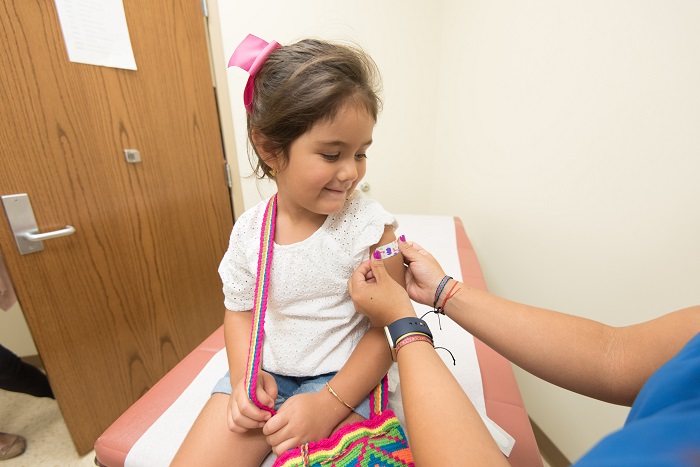Moderna, Inc., (Nasdaq: MRNA) a clinical stage biotechnology company pioneering messenger RNA (mRNA) therapeutics and vaccines to create a new generation of transformative medicines for patients, announced that coronavirus vaccine candidate produced a “robust” immune-system response in a larger group of people and the study will move to a decisive clinical trial in July.
Results published in The New England Journal of Medicine showed that a two-dose vaccination schedule induced the desired immune response in all 45 people evaluated, a larger group than in the preliminary data Moderna mRNA, +4.54% released in May, and was generally safe and well-tolerated, the company said.
American government's top infectious disease specialist doctor Anthony Fossey told news agency AP, "No matter how you take it, but it is good news." This experimental vaccine is being jointly produced by the National Institutes of Health and Moderna Inc. Its most urgent and final testing will be done around 27 July.
Doctor Jackson of the Kaiser Permanente Washington Research Institute in Seattle, who led the study, said, 'This is an essential link with which to move forward in trials, which can really determine whether this vaccine protects against infection. Is capable of. '
On June 11, 13 days after the first participant was dosed, the Company announced that the cohort of healthy younger adults ages 18-55 (n=300) and the sentinel group of older adults ages 55 years and above (n=50) in the Phase 2 study of mRNA-1273 was complete. After reviewing the safety data from the sentinel cohort of older adults, on June 25, the Data and Safety Monitoring Committee of the study recommended Moderna to proceed with enrollment for the remainder of the Phase 2 study. The cohort of older adults (n=300) has now been fully enrolled. This Phase 2 placebo-controlled, dose-confirmation study is evaluating the safety, reactogenicity and immunogenicity of two vaccinations of mRNA-1273 given 28 days apart. Each participant is receiving placebo, a 50 μg or a 100 μg dose at both vaccinations.
The Company also announced that the cohorts of older adults (ages 56-70, n=30) and elderly adults (ages 71 and above, n=30) in NIH-led Phase 1 study have completed enrollment.
